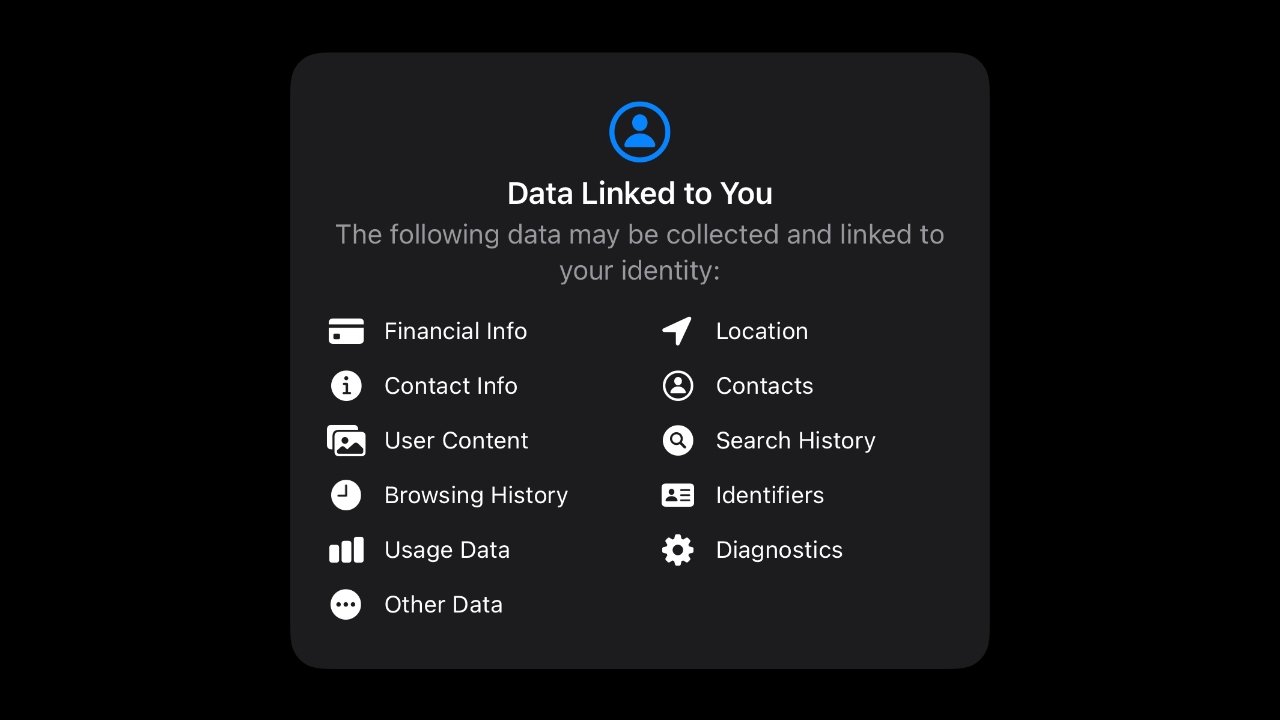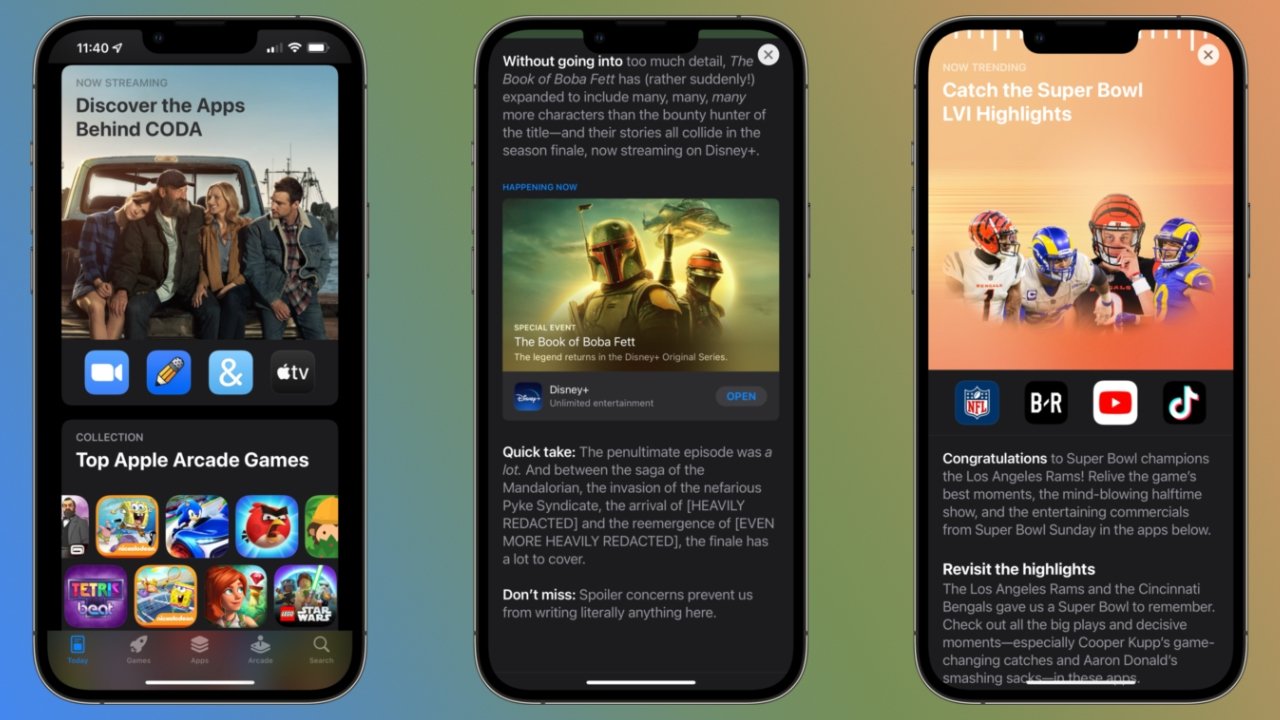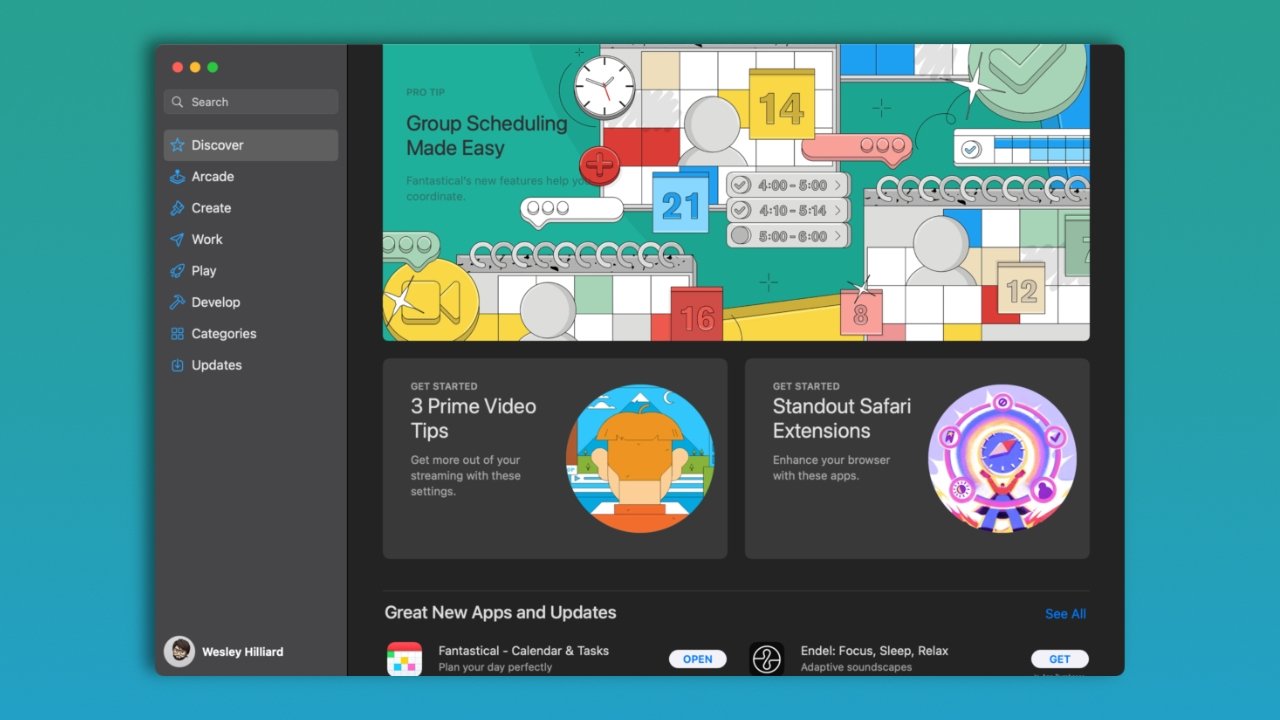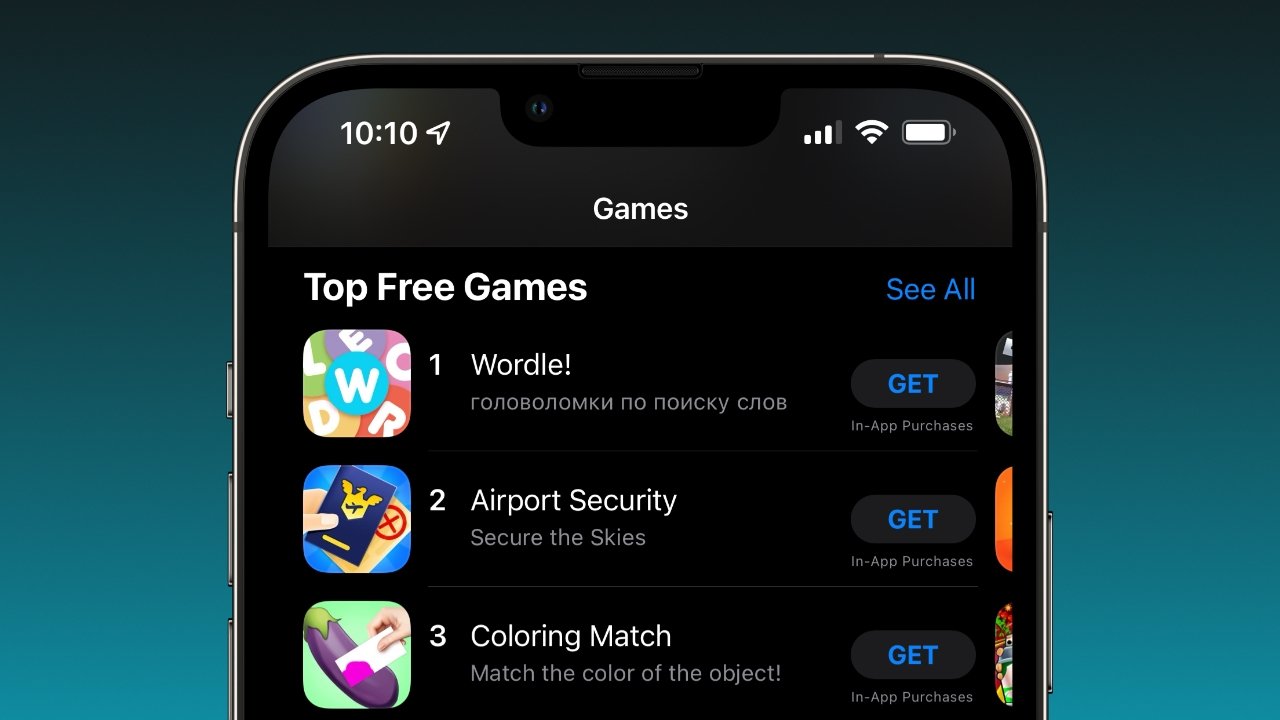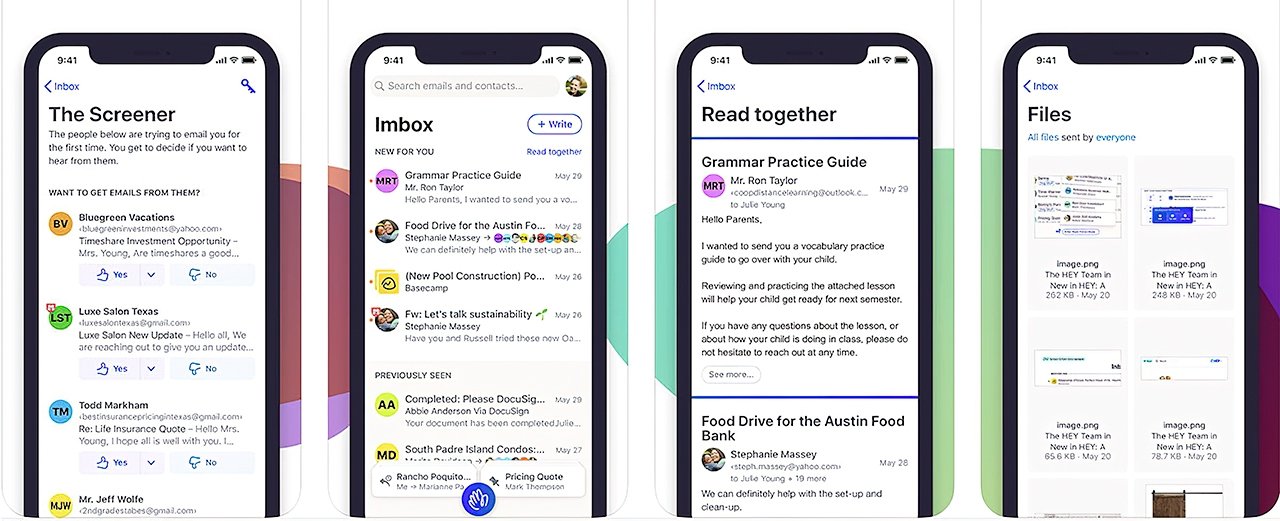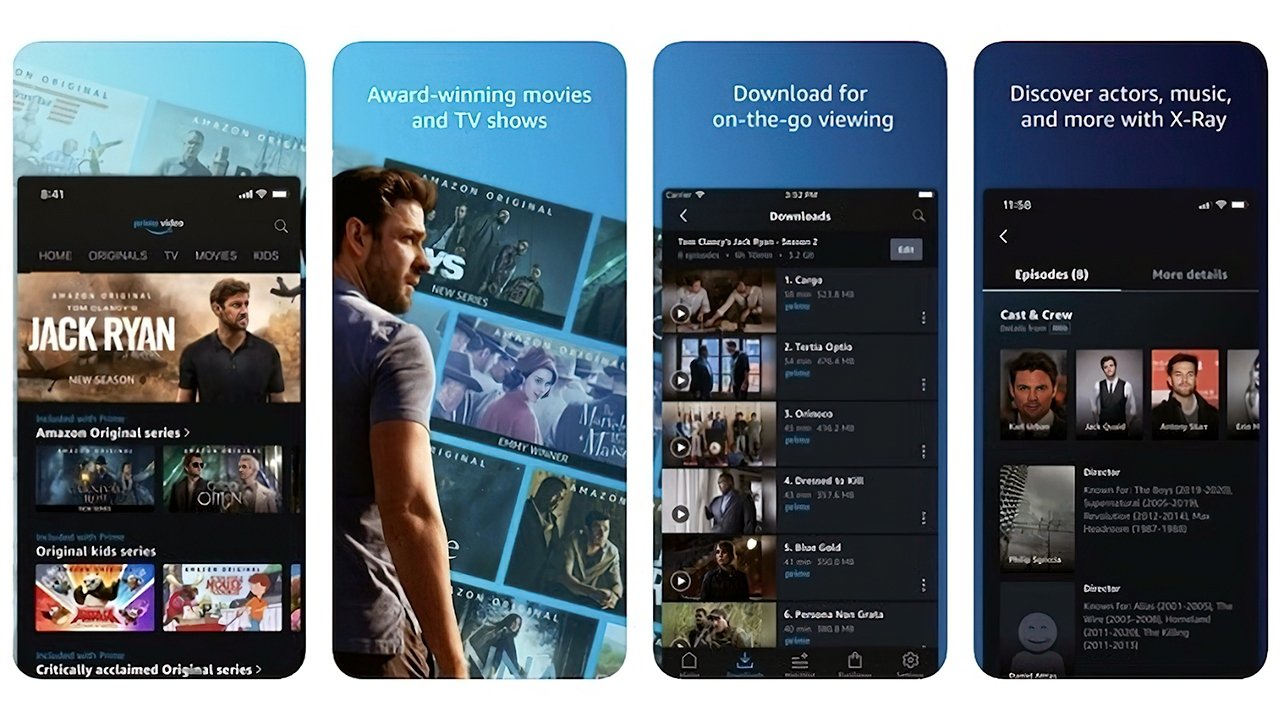|
The App Store is Apple's digital distribution platform used for distributing a mixture of both first-party and third-party apps to iOS, iPadOS, watchOS, tvOS, and macOS. Each ecosystem is locked down to apps on the store except for macOS, where users can still download apps directly from the web. Apps fit into a wide variety of pricing schemes. Some apps are free, while others feature a one-time cost associated with downloads. Ads support some apps, and reoccurring subscription charges or other in-app purchases support others. As of 2019, there were over 2.2 million apps available on the iOS App Store. Developers looking to get their app in front of customers without relying on Apple's paid advertising slots can check out app marketing consultants. App Store History and evolution The iOS App Store launched on July 10, 2008, a day before the iPhone 3G was released. At launch, more than 500 apps were available, of which 25% were listed as free. Popular apps available at launch included Sega's Super Monkey Ball, AOL's Instant Messenger, and Apple's own Texas Hold'em. In late 2016, Apple began allowing developers to purchase advertising spots, which would show at the top of the search result page when users search for specific keywords. Recognizing the value of user feedback in shaping app quality, Apple took a significant step in March 2017. The company enabled developers to respond directly to customer reviews, offering feedback, assistance, or insights into customers' issues. This move empowered developers and fostered a more interactive and responsive app ecosystem. For a few years, Apple had allowed affiliates to make a 7% commission off purchases in the iTunes Affiliate Program. However, in 2017, after Apple began expanding the App Store editors program, the affiliate program for app linking was ended. Linking to movies, TV shows, music, and books still nets a 7% commission cut. In 2020, Apple added more countries to its list supporting the App Store, reaching 175 total. In 2023, Apple said the App Store had over 650 million visitors each week and generated over $320 billion in revenue for developers since 2008. App product pages Every app gets a unique product page, where a potential downloader will be able to get a better idea of what the app will be like before downloading it.
The product page allows users to see the publisher, chart position, recommended age range, rating, and various screenshots of the app. Users can also watch videos to learn how an app works before downloading. If the app has won an editors' choice award, the badge will prominently be displayed at the top of the page. Some apps get unique banners and styling if they are apps celebrated by App Store editors in one way or another. As an additional attempt at transparency in iOS 14, Apple has added a new section to app descriptions in the App Store for data that will describe what data an app is collecting about you and how it is shared. This section is called an "App Privacy Label" and it acts as a sort of nutritional label for that app. Many apps protested the existence of Privacy Labels — Google took months to update all of its apps to comply with the new feature. Some studies have shown that Apple's approach to the labels leads to apps lying about data collection, so many are not accurate. Today on the App Store In recent years, Apple has revamped the App Store to act not only as a place to purchase or download apps but also as a resource related to the apps. Editors maintain regularly published, curated lists of must-have apps in various categories. Every day, Apple also announces an App of the Day and a Game of the Day.
It also has tutorials and tips related to popular apps, giving users an incentive to check in daily to learn new skills. Apple Arcade games are often featured with tips or explanations for new content. The editorial team has also begun including "Daily Stories," a collection of original stories, interviews, and behind-the-scenes information that come together to show the impact apps have on our lives. Apple began including ads on the Today page in 2022 as part of a push for improved ad revenue across its services. Mac App Store The Mac App Store was announced in October of 2010 and launched in January 2011 alongside the 10.6.6 Snow Leopard update. Apple's Senior Vice President of Internet Software and Services, Eddy Cue, was put in charge of overseeing the digital storefronts.
At launch, the Mac App Store featured over 1000 apps. Many of the apps were third-party ports of iOS games, such as Angry Birds and Flight Control. Other apps included Apple's iWork '09, iLife '11, and Aperture. In January 2018, Apple announced that all apps submitted must be 64-bit. In preparation for the macOS Catalina launch, all existing 32-bit apps would be required to switch to the 64-bit architecture by June 1, 2018. In 2020, Apple expanded its universal App purchases to include Mac Apps, so now you can pay once and own an app across all the Apple operating systems. Macs with Apple Silicon can run all apps built for iPhone and iPad natively. However, developers can opt-out of offering the app for download in the Mac App Store. Apple Watch App Store In 2019, Apple announced that users could purchase and download apps directly from the Apple Watch, eliminating the need for an iPhone companion app. Companies like Nike and Pandora have released standalone apps for the Apple Watch. Apple Watch has continued to grow more independent from the iPhone, and being able to browse and download apps directly on the Watch helps further that independence. watchOS 6 enables watch face sharing between users, prompting users to download apps for complications they do not already have installed. Apple Arcade Apple Arcade is Apple's video game subscription service that offers a "play all you want" model for a recurring fee of $4.99 a month. Designed to circumvent many of the problems of modern mobile games, Apple Arcade has a game catalog of over 200 titles. Apple Arcade is accessible via a tab within the App Store app. All games are shown as "get" titles without any in-app purchases. There are three categories of games — App Store Classics, Greats, and Originals. Most games are playable with a controller and work on every platform. App Store violations and removal of apps In 2015, hundreds of apps were created with XcodeGhost, a malicious version of Apple's Xcode development software. Many of the apps were developed in regions where access to Xcode was notoriously difficult, such as China. The apps were subsequently removed, and Apple began working with the developers to help them migrate to the official Xcode program. Shortly after, Apple made Xcode easier to access in areas outside the United States. In 2017, Apple began removing apps that violated copyright law. The process included removing games that were ostensibly clones of recently popular titles and removing apps that used copyrighted material, such as unlicensed music tracks. Apple had removed hundreds of thousands of apps that violated its terms of service.
In 2018, Apple had begun to crack down on the use of templates and commercial app services. Apple had hoped that this would prevent duplicate apps from showing up on the App Store. However, many developers and customers argued that it unfairly targeted small businesses and nonprofits from maintaining their apps feasibly. Apple later clarified that companies and organizations were allowed to use development suites, services, and app templates, but only if they directly published the apps on their own. Since early 2017, the Chinese government has been instrumental in censoring apps that appear in the China-based iOS App Store. Virtual private network (VPN) apps, internet calling apps like Skype, and non-Chinese social media apps are among those that have been banned. Apple's willingness to remove such apps has been viewed critically by the media, who claim it lends credibility to Chinese censorship. Apple was harshly criticized for removing HKMap Live, a controversial police monitoring app, in late 2019. The app had been used by Hong Kong citizens to avoid areas where protesters and police had altercations. Tim Cook later defended the choice, stating that the app was used to vandalize property where no police were present, as well as target individual police officers for violence. In 2019, after health experts deemed vaping unsafe, Apple removed all vaping-related apps. Over 180 vaping-related apps were removed as Apple attempted to reduce youth exposure to e-cigarette marketing. During the 2020 coronavirus outbreak, Apple deemed it necessary to ban all non-official apps pertaining to the coronavirus. This includes using it in a game or entertainment app title or description. Antitrust allegations The App Store has been at the heart of numerous significant antitrust cases in recent times. A pivotal moment came in May of 2019, when the U.S. Supreme Court, by a narrow margin of 5 to 4, greenlit an antitrust lawsuit against Apple. This lawsuit, which accused the tech giant of monopolizing iOS apps through the App Store, marked a significant development in the ongoing battle for fair competition in the digital marketplace. Investigators working for the US Justice Department have interviewed developers of iOS apps as part of an antitrust probe into major tech companies, their control over digital marketplaces, and whether they are competing fairly. The DoJ's probe is not a secretive affair. On the contrary, it is a transparent review that addresses the "widespread concerns that consumers, businesses, and entrepreneurs have expressed about search, social media, and some retail services online," as the DoJ itself has stated. The Antitrust Division is actively seeking information from the public, including industry participants, to gain direct insight into competition in online platforms. The antitrust committee has also asked Apple for information related to how it manages the App Store. The requested information includes Apple's policy of third-party payment systems, revenue share policy for in-app purchases, and whether or not users can choose non-Apple apps as default apps.
An email app called "Hey" by the creators of Basecamp was rejected from the App Store for violating payment practices. The discussion surrounding the rejection turned to other apps that use the same system, and Apple asserts the rejection was based on "the app not working without a subscription." The basis for the rejection is not consistent with other apps, and more will develop from this action as antitrust investigations continue. Apple SVP Phil Schiller weighed in on the issue stating that Apple had no intention to change the App Store policies, and Hey could be re-admitted by following some guidelines. Microsoft President Brad Smith also took the opportunity to make a public statement on the matter. He wants major tech companies to be held accountable for unfair business practices within their app stores and wants a new antitrust review across the board. Apple ultimately reached an agreement with the developers of Hey by letting them update the app if there was a trial version available. As a direct result of this very publicized issue, Apple has added a policy that will let developers challenge decisions made by Apple in an official capacity. In-app purchases Apple's stringent rules on how users access content within apps are designed to ensure a fair and secure environment. Until recently, apps purchased from the App Store, in-app purchases, and subscriptions made within an app were subject to a 30% cut to Apple. This system, while it may seem strict, actually benefits both app users and developers by maintaining a high standard of quality and security. This policy led to a notable trend of apps attempting to bypass the in-app purchase model, a move that often resulted in a loss of revenue for Apple. Netflix and other entertainment apps have taken measures to avoid the 30% price hike on subscriptions when done within apps, such as not allowing subscriptions from within the app. Apple's guidelines, which previously prohibited developers from linking or mentioning other purchasing sources, underwent a significant change in October 2021. This update is crucial for app developers to stay informed and adapt their strategies accordingly. App Store subscriptions were introduced in 2016 as an alternative business model that allows users to pay for new features regularly with the ability to cancel at any time. This feature came with a lower 15% cut from developers as long as users stayed subscribed for over a year.
Apple made a huge move in April 2020 to allow specific entertainment apps to make sales inside their apps without a 30% cut. This is similar to how shopping goods apps like Best Buy and Amazon already work, but it would also apply to digital goods. If a user has a credit card on file with Amazon, they may make purchases using the in-app cart system. If not, it will defer to an in-app purchase system using the on-file Apple payment method. In November 2020, Apple announced that developers making below one million dollars annually would pay only 15% of their income. This decision benefits many developers and gives Apple some goodwill as it continues to fight against anti-trust regulation of the App Store. Alternative app stores Apple's adaptation to permit third-party App Stores in the EU, integrated into iOS 17.4, is a response to regulatory requirement set forth by the Digital Markets Act. This involves the introduction of alternative marketplaces for developers, though each marketplace is contingent upon Apple's approval. To ensure transparency, an annual Core Technology Fee of 0.5 Euro per initial app installation is introduced, with exceptions for certain entities. The first installation is charged per user account per year, allowing a user to install an application on multiple devices. The developer can release multiple updates without any additional fee. Educational institutions, non-profit organizations, and governmental organizations will not be charged any fees. Apple is not responsible for refunds if a developer offers its own marketplace. Plus, Apple features like Family Purchase Sharing and Ask to Buy will not be available for apps downloaded outside the App Store. Apple has adjusted its first-party App Store fees, reducing standard commissions from 30% to 17% for App Store transactions, with even lower rates of 10% for apps that meet specific criteria. Developers who remain in the App Store can also pay Apple a further 3% to use the company's payment processing services. On April 17, 2024, AltStore PAL became the first third-party app store in the European Union. Emulation on iPhone and iPad In April 2024, Apple decided to revise its App Store guidelines, effectively banning emulators on the iPhone and iPad, marking a significant shift. This move opens the door for game emulation on Apple's mobile devices. Apple's updated guidelines now provide a clear framework for developers and users interested in game emulation. The company now allows "software that is not embedded in the binary" to run inside apps hosted in the App Store, with "retro game console emulator apps" being specifically mentioned.
Developers bear the responsibility for any software that can be loaded into an app. Apple's guidelines are explicit-add-ons and ROMs must adhere to several provisions and all applicable laws. This underscores the importance of compliance in the development process. Developers must follow a strict set of provisions, including:
Follow all privacy guidelines, including but not limited to the rules set forth in Guideline 5.1 concerning collection, use, and sharing of data, and sensitive data (such as health and personal data from kids) Include a method for filtering objectionable material, a mechanism to report content and timely responses to concerns, and the ability to block abusive users. Use in-app purchase in order to offer digital goods or services to end users. Apps may not extend or expose native platform APIs to the software without prior permission from Apple. Apps may not share data or privacy permissions to any individual software offered in the app without explicit user consent in each instance. An index of software and metadata must be made available in the app. It must include universal links that lead to all of the software offered in the app. Apps must share the age rating of the highest age-rated content available (责任编辑:) |

